Minimizing Your Environmental Impact While Traveling in Nigeria

Nigeria is a land of extraordinary beauty and biodiversity, with vibrant cities, lush rainforests, and diverse ecosystems. For nature lovers and adventurers, it offers a wealth of opportunities. That said, traveling responsibly is key to preserving the natural wonders and respecting local communities. So in this article, we’ll explore how to minimize your environmental impact […]
Sustainable Building Materials for Eco-Friendly Home Renovation

When it comes to home renovation, choosing sustainable building materials isn’t just a trend; it’s a responsible choice that can significantly reduce your environmental impact. Whether you’re planning a small upgrade or a major remodel, integrating eco-friendly materials into your project is a step towards a more sustainable and energy-efficient home. In this article, we’ll […]
Unlocking Creativity: Eco-Friendly Art Techniques with Recycled Materials

In today’s world, the concept of eco-friendliness has extended its reach into the realm of art. Artists, both seasoned and emerging, are increasingly turning to sustainable practices, giving birth to the fascinating world of eco-friendly art. This movement not only fosters creativity but also contributes to environmental sustainability by utilizing recycled materials and reducing waste. […]
Plastic Waste: 10 Effective Ways To Reduce It In Your Kitchen
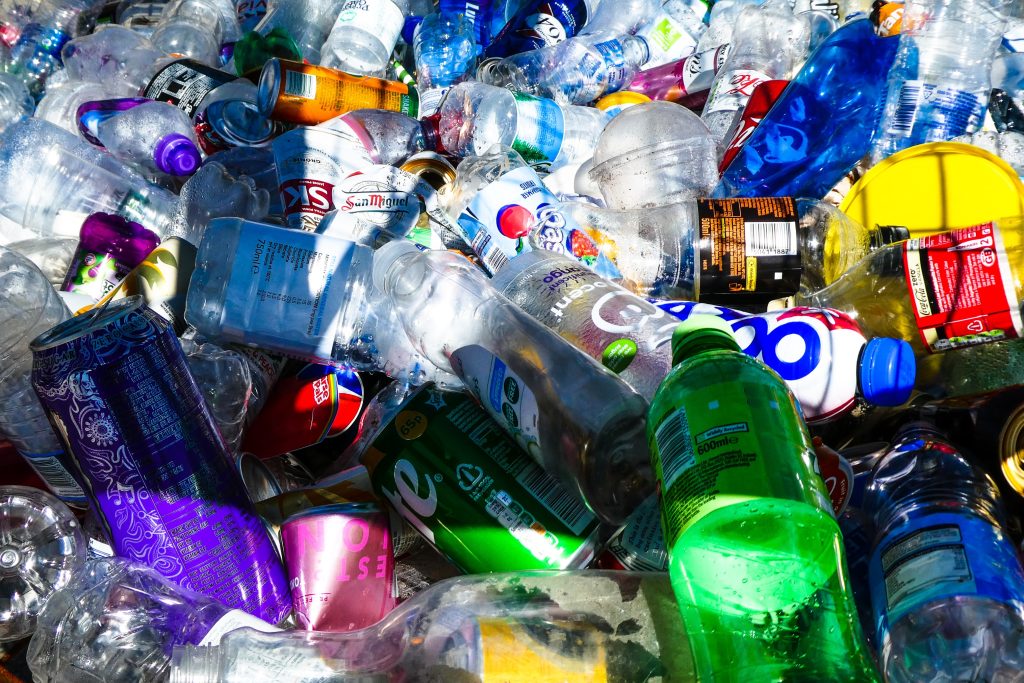
Plastic waste has become a pressing environmental concern, and one area where we can make a significant impact is in our kitchens. By adopting simple yet effective practices, we can reduce plastic use and contribute to a healthier planet. In this article, we’ll explore ten practical ways to reduce plastic waste in your kitchen. 1. […]
Zero Waste Grocery Shopping
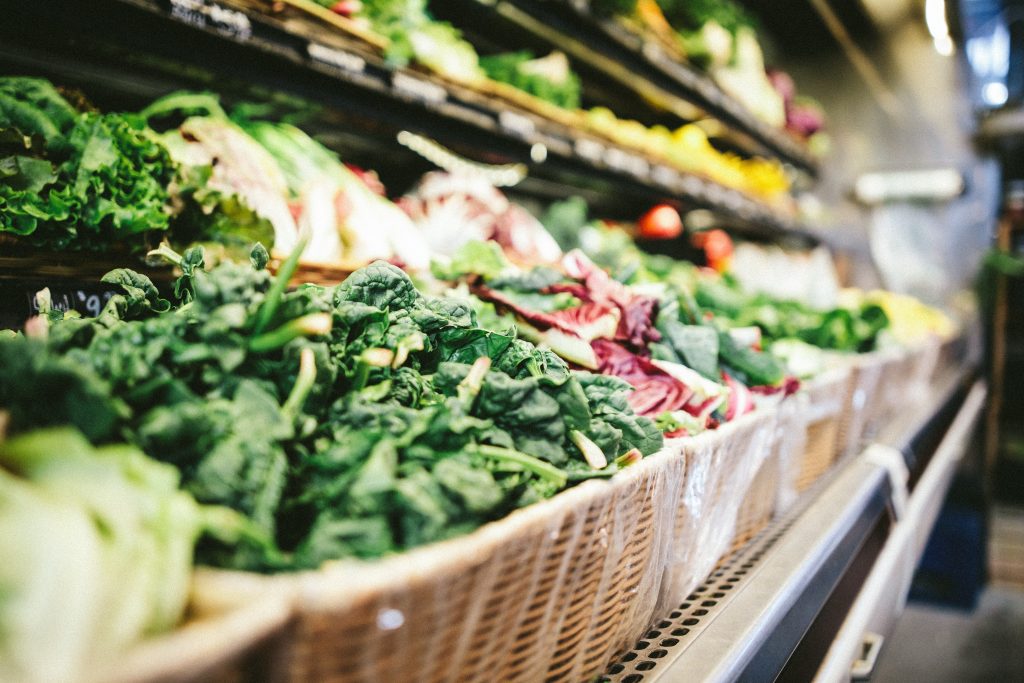
Adopting a zero-waste lifestyle has become increasingly important in today’s society as environmental concerns grow. A fundamental component of this lifestyle is developing a zero-waste grocery shopping routine. You can reduce waste, save money, and contribute to a more sustainable future by making deliberate decisions and using simple tactics. This article will lead you through […]
THE BLACK AND WHITE OF TEA BAGS
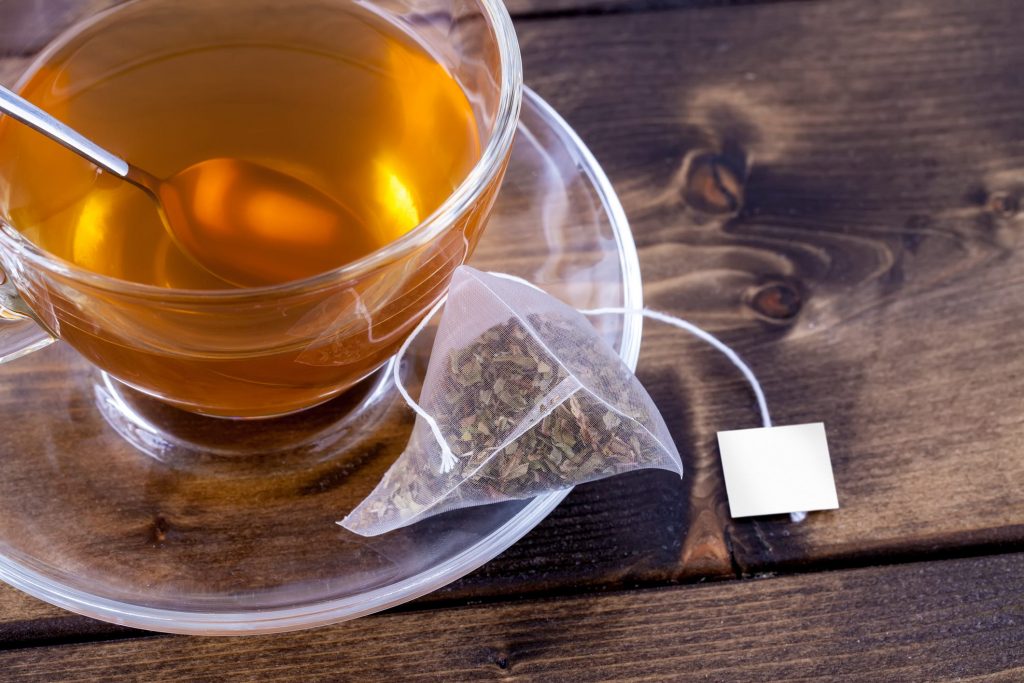
You would probably be surprised to learn that most tea bags contain up to 25% plastics. The main reason for this is that in order for the tea bags to seal up and keep their shape in hot liquid, a plastic polymer, namely polypropylene, must be added. This is usually so that the tea bag […]
UNFAMILIAR MATTERS ON GLITTERS

Glitter is the icing on the cake of the craft and makeup world. Made of tiny pieces of plastic bonded with aluminum, glitters are quite charming but dangerous. According to scientific research, glitters are hazardous to the environment; especially the world’s ocean. When washed down the drain they become a subset of marine plastic litter […]
SANITATION AND HYGIENE
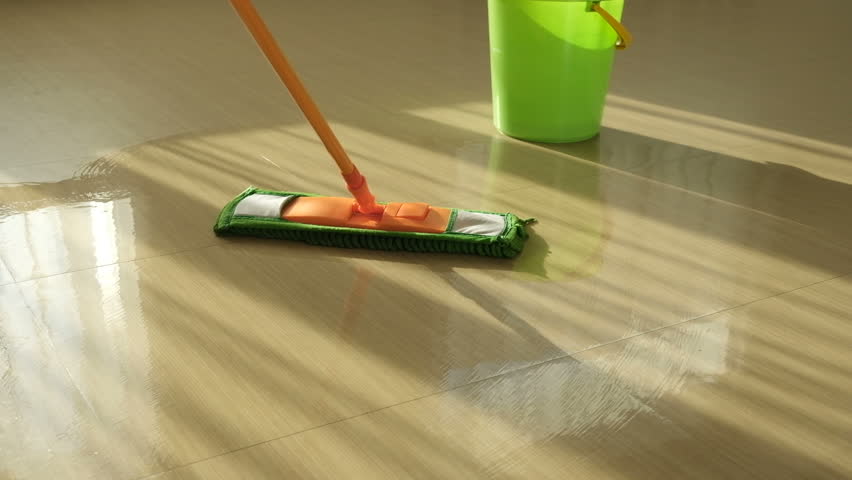
Sanitation and hygiene are critical to health, survival and development. Many countries are challenged in providing adequate sanitation for their entire populations, leaving people at risk for water. Throughout the world, an estimated 2.4 billion people lack basic sanitation (more than 32% of the world’s population). Basic sanitation is described as having access to facilities […]
RELATIONSHIP WITH YOUR ENVIROMENT
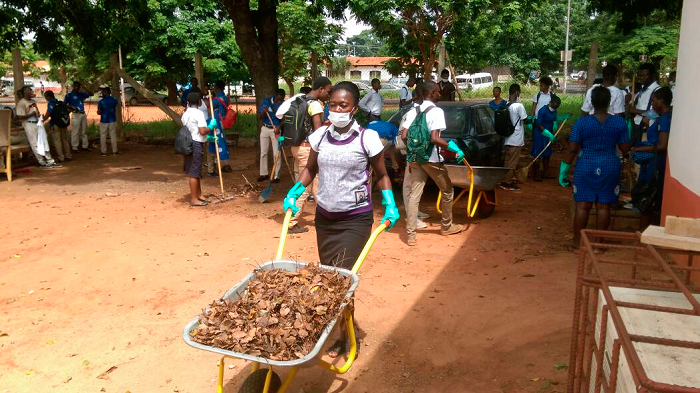
Human activity causes environmental degradation, which is deterioration of the environment through depletion of resources such as air, water and soil; destruction of ecosystems; habitat destruction; extinction of wildlife; and pollution. The environment has an effect on people’s behavior and motivation to act. When an environment is clean and neatly arranged, it influences the mood […]
THE INDIVIDUAL’S GUIDE TO ENVIRONMENTAL SUSTAINABILITY
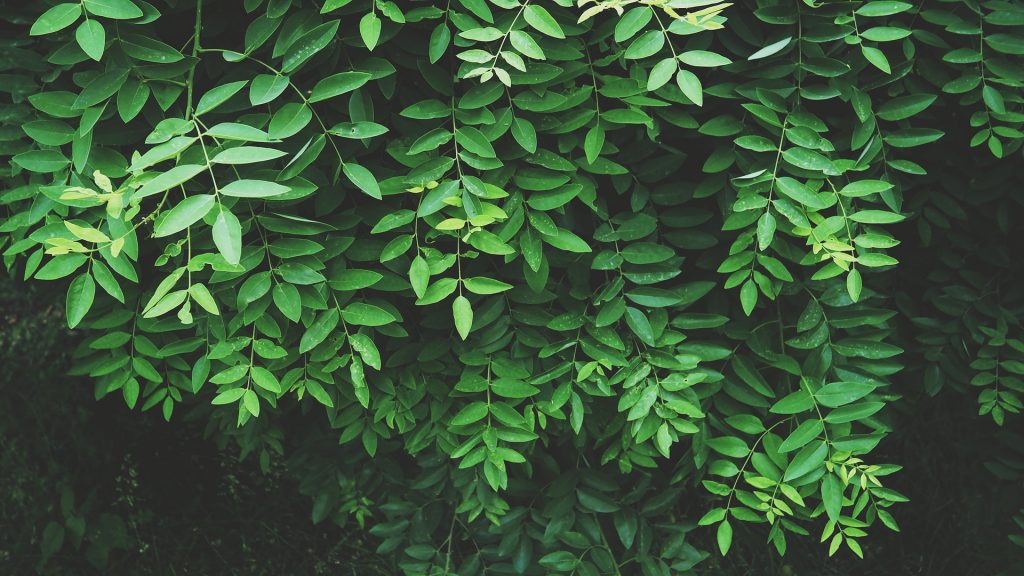
While the society waits for better government policies geared towards environmental sustainability, the individual can take baby steps that can amount to long strides over time if done with consistency. To some extent, the society is a reflection of the individuals in it. This implies that people with healthy living habits makes for a better […]
